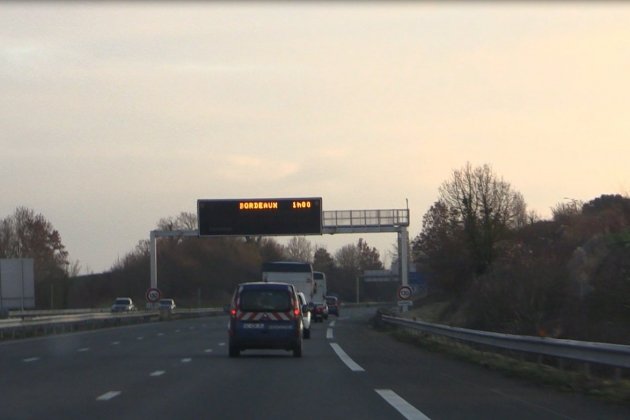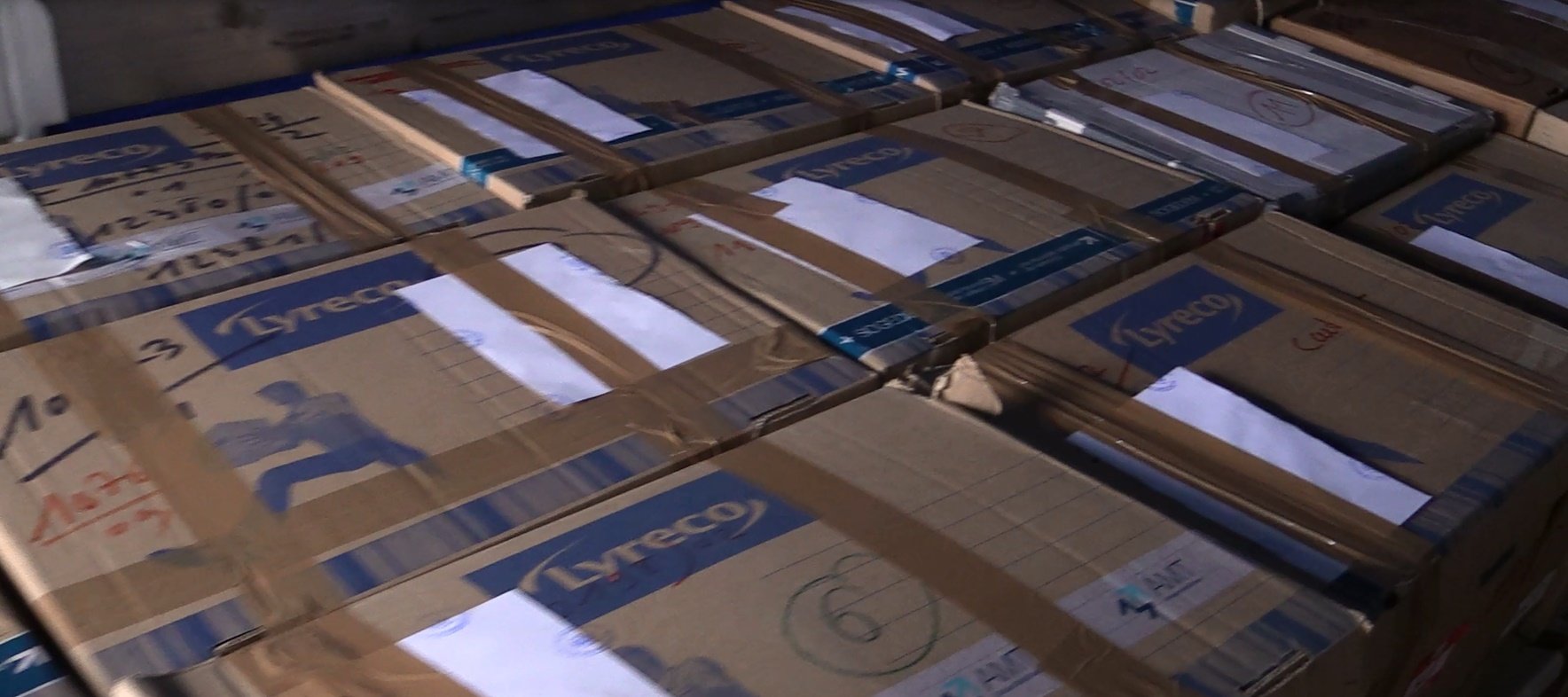The "ETA archive", with thousands of documents from France's most important anti-terror operations, is now in Spain. The Interior ministry has announced that it has received the boxes containing rare information about the terrorist group from French authorities.
The boxes don't only contain documentation, but also weapons and objects seized over a 20-year period. All the material was taken from Paris to Madrid by road between the 5th and 6th February. A convoy of lorries carried the archive in an unprecedented operation, the first such operation to be carried out as part of Spain and France's collaboration in the anti-terror fight.
They include reports and evidence from some fifty cases investigated by French justice, which have all been definitively closed. Specifically, they are the most important cases of recent years, which correspond to the most important anti-terror operations carried out by French police in collaboration with the Spanish intelligence services. Standout in this effort was the now former judge Laurence Levert, one of the greatest allies the Spanish security forces had in their determined fight against ETA, the Interior ministry says.
The material comprising the "ETA archive", the ministry says, "is very valuable". It includes thousands of documents and objects and a large quantity of high-storage capacity computer equipment.
Analysts calculate that on paper alone there are more than 40,000 sheets of documentation, then there are the digital files, estimated to fill some hundreds of terabytes.
There are also 300 weapons and weapon parts of all types (pistols, revolvers, weapons hidden inside other objects, grenade launchers, etc.). Ballistics experts will study them to compare with unsolved attacks committed in Spain.

What will happen to the archive
The material is to be used, the ministry says, to help in the investigation of ETA crimes which have not yet been prosecuted and to contribute towards dignifying the memory of the victims through the work of the Memorial Centre headquartered in Vitoria in the Basque Country.
Experts are hoping to find important details about ETA's internal structure, strategic decisions, self-criticism about the execution of terrorist attacks, details about the extortion known as "revolutionary tax", internal messages between units and cells, information about potential targets, etc.
The delivery follows work between legal authorities and the Interior and Justice ministries of the two countries which culminated in the Franco-Spanish summit in Malaga in February 2017.

